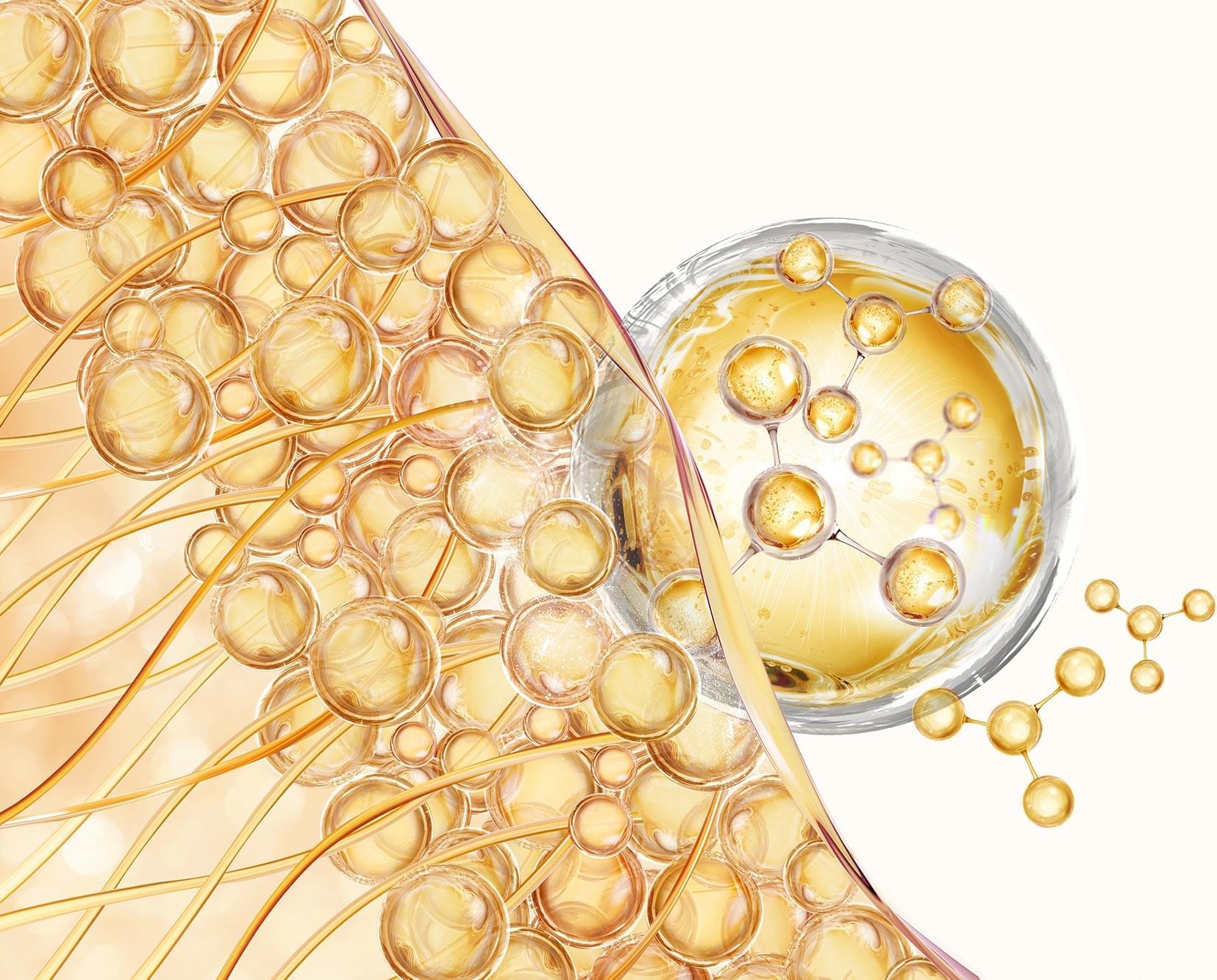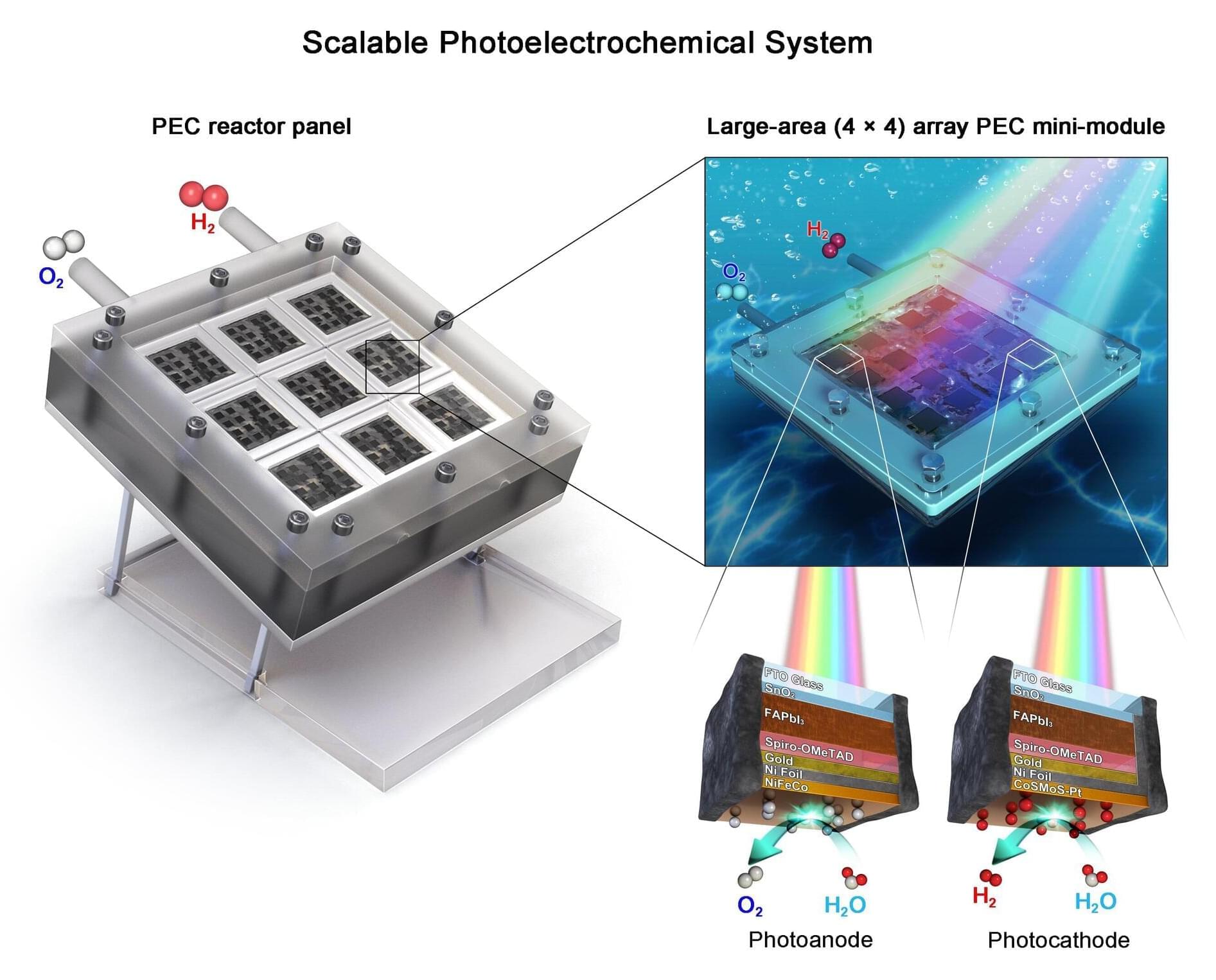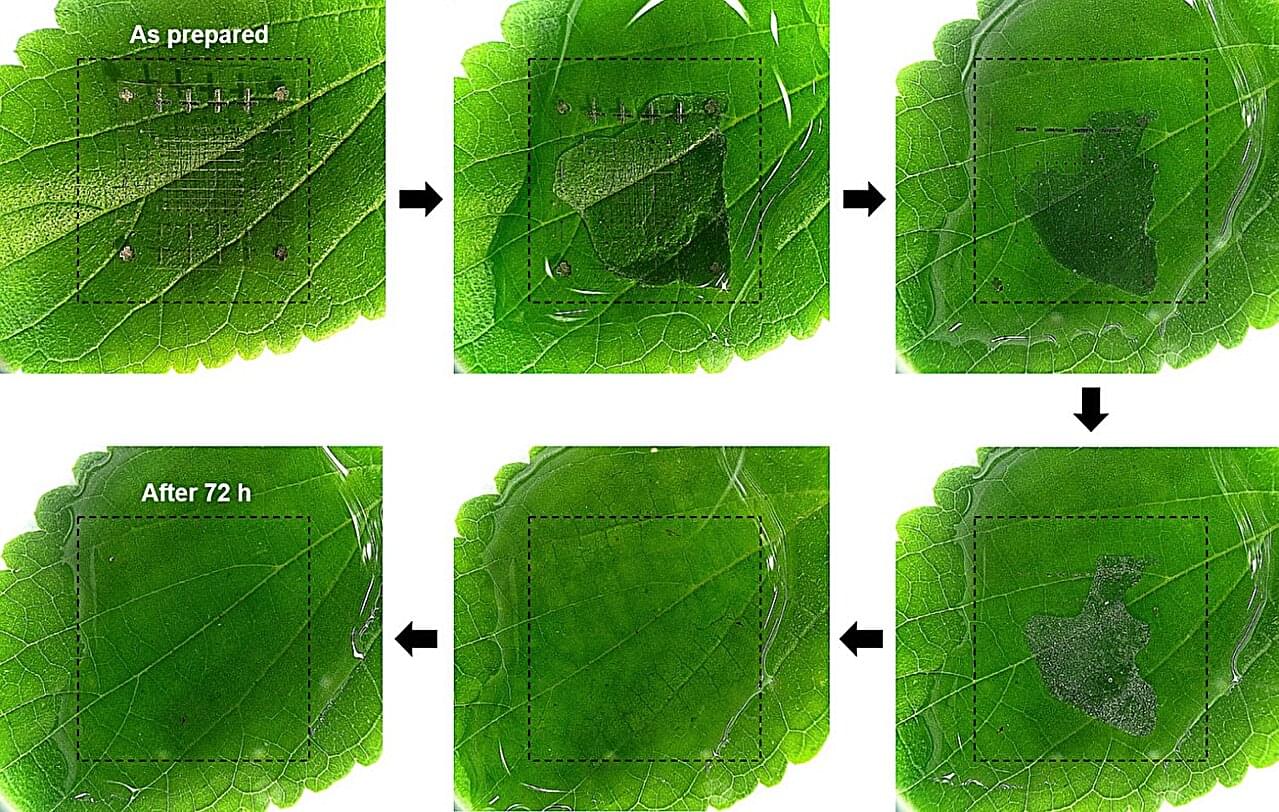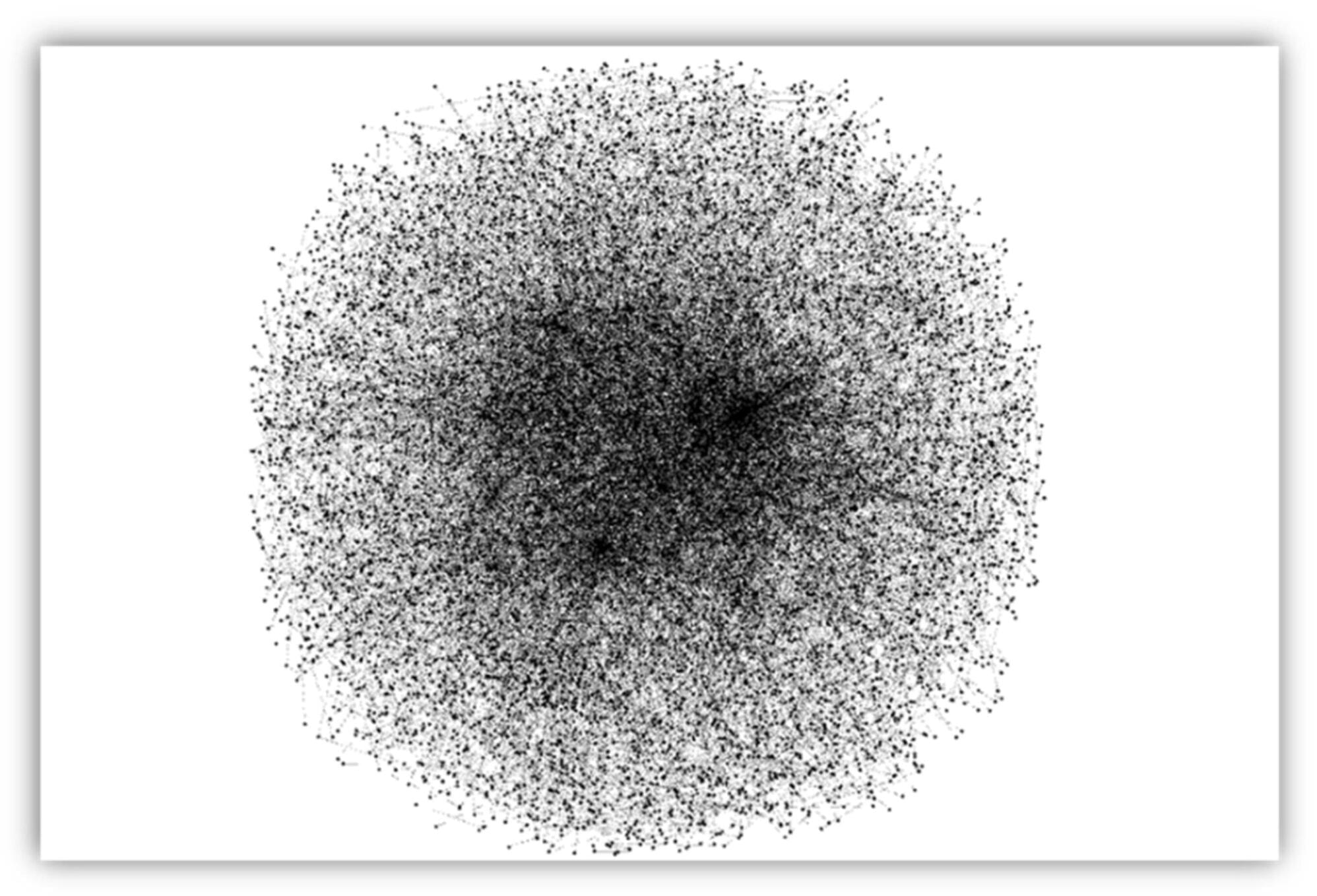“That’s a substantial chunk of neuroscientists who think there’s a very real chance that it will work,” said neuroscientist Dr Ariel Zeleznikow-Johnston to IFLScience.
Get the latest international news and world events from around the world.

Heavy Drinkers Face Higher Risk of Brain Lesions And Alzheimer’s Markers
Alcohol is notoriously bad for health, and a recent study might add “long-term effects on brain health” to the growing list of ways drinking can cause harm.
The research, led by scientists at the University of São Paulo in Brazil, investigated the impact of regular drinking by examining brain autopsy data from 1,781 individuals, correlating findings with their reported drinking habits.
After adjusting for sociodemographic and clinical variables, like smoking and physical activity, the team found that the heaviest drinkers had a 133 percent higher risk of developing vascular brain lesions compared to non-drinkers.


Texas law gives grid operator power to disconnect data centers during crisis
The advance warning period is key for this sort of voluntary program, especially one counting on participation from hyperscale data centers with sensitive IT equipment worth billions, Kavulla said.
“This should not be the kind of demand response where you’re calling it with no notice and curtailing the customer straight off,” he said.


AI-generated podcasts open new doors to make science accessible
The first study to use artificial intelligence (AI) technology to generate podcasts about research published in scientific papers has shown the results were so good that half of the papers’ authors thought the podcasters were human.
In research published in the European Journal of Cardiovascular Nursing (EJCN), researchers led by Professor Philip Moons from the University of Leuven, Belgium, used Google NotebookLM, a personalized AI research assistant created by Google Labs, to make podcasts explaining research published recently in the EJCN.
Prof. Moons, who also presented the findings at the Association of Cardiovascular Nursing and Allied Professions (ACNAP) conference in Sophia Antipolis, France, said, In September 2024, Google launched a new feature in NotebookLM that enables users to make AI-generated podcasts. It made me think about how it could be used by researchers and editors.


Artificial photosynthesis system surpasses key efficiency benchmark for direct solar-to-hydrogen conversion
A research team affiliated with UNIST has introduced a cutting-edge modular artificial leaf that simultaneously meets high efficiency, long-term stability, and scalability requirements—marking a major step forward in green hydrogen production technology essential for achieving carbon neutrality.
Jointly led by Professors Jae Sung Lee, Sang Il Seok, and Ji-Wook Jang from the School of Energy and Chemical Engineering, this innovative system mimics natural leaves by producing hydrogen solely from sunlight and water, without requiring external power sources or emitting carbon dioxide during the process—a clean hydrogen production method. The study is published in Nature Communications.
Unlike conventional photovoltaic-electrochemical (PV-EC) systems, which generate electricity before producing hydrogen, this direct solar-to-chemical conversion approach reduces losses associated with electrical resistance and minimizes installation footprint. However, prior challenges related to low efficiency, durability, and scalability hindered commercial deployment.

High-performance memory devices can dissolve in water to address e-waste problem
The use of electronics in various forms is on the rise, from wearable devices like smartwatches to implantable devices like body-implanted sensors, skin-worn smart patches, and disposable monitoring devices. These devices, which are inevitably discarded after use, contribute to the growing problem of electronic waste (e-waste), a significant environmental concern.
The Korea Institute of Science and Technology (KIST) has announced that a joint research team, led by Dr. Sangho Cho of the Center for Extreme Materials Research and Dr. Yongho Joo of the Center for Functional Composite Materials Research, has developed a polymeric material that offers high-performance data storage while completely degrading within days when immersed in water. The research is published in the journal Angewandte Chemie International Edition.
The material is biocompatible and stable enough for implantation in the human body, and the onset of degradation can be controlled by adjusting the thickness and the composition of the protective layer. Once this protective layer dissolves, the material degrades naturally in water within approximately three days, without leaving any residue.

Hide and seek: Uncovering new ways to detect vault apps on smartphones
Researchers have discovered a modern solution to detect vault applications (apps) on smartphones, which could be a game-changer for law enforcement. The paper is published in the journal Future Internet.
The analysis, led by researchers from Edith Cowan University (ECU) and University of Southern Queensland, demonstrates that machine learning (ML) can be used to effectively identify vault apps.
Smartphones are an integral part of daily life, used by an estimated 5 billion people around the world.